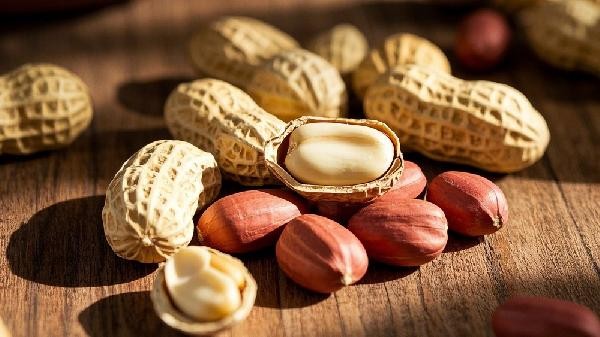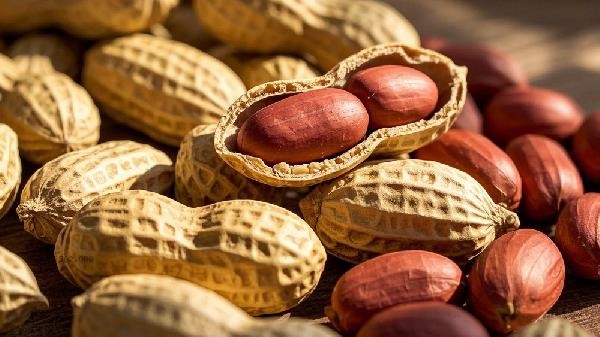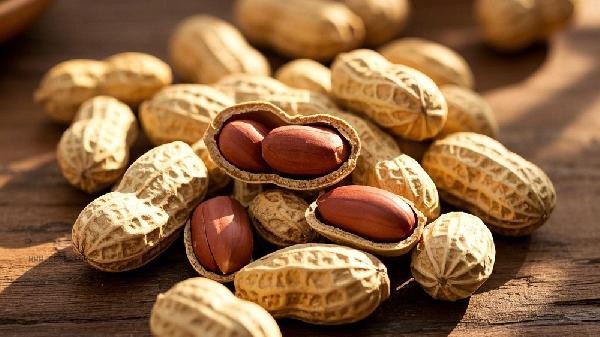It is recommended to wash the peanuts purchased from supermarkets before consumption. Peanuts may be contaminated with dust, pesticide residues, or microorganisms during processing and transportation. Cleaning can reduce food safety risks, but attention should be paid to dry storage to avoid mold growth. Although pre packaged peanuts sold in supermarkets have undergone initial processing, there may still be residual storage dust or packaging contact pollution on the surface. Rinsing with running water can effectively remove attached impurities, especially when peanut shells are prone to accumulating dirt and grime in the gaps. It is recommended to rinse 2-3 times with clean water, then drain the water or dry at low temperature. If purchasing bulk peanuts, thorough cleaning is even more necessary, as open display may increase the probability of insect eggs or environmental pollutants adhering. Some peanuts that have been baked at high temperatures or vacuum packaged can theoretically be consumed directly, but it is still recommended for sensitive individuals to clean them. It should be noted that peanuts that have not been dried in a timely manner after washing are prone to the growth of Aspergillus flavus. It is recommended to consume them on the same day or dry and seal them at temperatures below 60 ℃. In special circumstances such as making deep processed foods like peanut butter, the cleaning step can be omitted, but it is necessary to ensure the reliability of the raw material source.

Peanut should be stored in a cool and dry place for daily use. After opening, it is recommended to refrigerate and consume as soon as possible. Sprouted or moldy peanuts must be discarded to avoid aflatoxin poisoning. Eating vegetables rich in dietary fiber such as celery and carrots together can help promote fat metabolism in peanuts. People with weak gastrointestinal function should consume them in moderation.











Comments (0)
Leave a Comment
No comments yet
Be the first to share your thoughts!